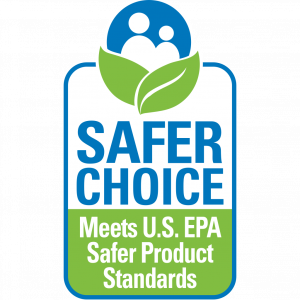Relevant Certifications
The following certifications that promote and/or recognize sustainability efforts were were determined to be potentially relevant to veterinary clinical practice. Click on the certification name for additional information.
Chlorine Free Products Association
Climate Neutral Certified
Design for the Environment
Energy Star
Electronic Product Environmental Assessment Tool (EPEAT)
e-Stewards
Forest Stewardship Council
Friend of the Sea (FOS)
Green Seal
LEED
Non-GMO Project
Kosher Check
Marine Stewardship Council (MSC)
One percent for the Planet
Oregon Tilth
Programme for the Endorsement of Forest Certification (PEFC)
Quality Assurance Internations (QAI)
R2 Recycling
Safer choice
Sustainable Forest Initiative
UL ECOLOGO
USDA Organic
Certified B Corporations are businesses that meet the highest standards of verified social and environmental performance, public transparence, and legal accountability to balance profit and purpose. B Corps are accelerating a global culture shift to redefine success in business and build a more inclusive and sustainable economy1.
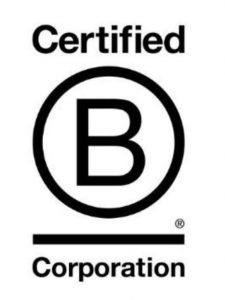
Chlorine Free Products Association
The Chlorine Free Products Association is a not-for-profit accreditation and standard setting organization. They promote sustainable manufacturing practices, implement advanced technologies free of chlorine chemistry, educate consumers on alternatives, and develop world markets for sustainably produced third party certified products and services2.
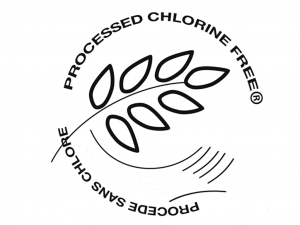
Climate Neutral Certified recognizes companies that offset and reduce all their greenhouse gas emissions. Their label guides consumers in choosing brands with net zero carbon emissions. Currently over 300 brands are Climate Neutral Certified3.
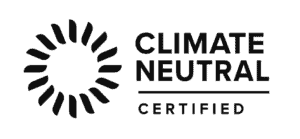
The meaning of the Design for the Environment (DfE) EPA label ensures the product is in the least-hazardous classes of EPA’s acute toxicity category hierarchy; is unlikely to have carcinogenic or endocrine disruptor properties; is unlikely to cause developmental, reproductive, mutagenic or neurotoxicity issues; EPA has reviewed and accepted mixtures, including inert ingredients; does not require the use of Agency-mandated PPE; has no unresolved or unreasonable adverse effects reported; has no unresolved efficacy failures (associated with the Antimicrobial Testing Program or otherwise); has no unresolved compliance or enforcement actions associated with it; and has the identical formulation as the one identified in the DfE application approved by EPA. All ingredients, active or inert, must meet Safer Choice Standard (can link this)4.
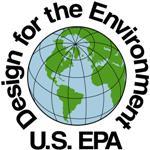
ENERGY STAR® is the United States government-backed symbol for energy efficiency, providing simple, credible and unbiased information that consumers and businesses can rely on to make well-informed decisions. EPA ensures that each product that earns the label is independently certified to deliver the efficiency performance and savings that consumers have come to expect. In 2019 alone, ENERGY STAR® and its partners helped Americans save nearly 500 billion kilowatt-hours of electricity and avoid $39 billion in energy costs5.
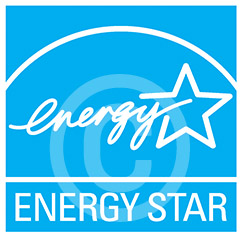
Electronic Product Environmental Assessment Tool (EPEAT)
The Global Electronics Council manages the Electronic Product Environmental Assessment Tool (EPEAT) ecolabel, including the Conformity Assurance Bodies that provide 3rd party verification of the products listed in the registry. This certification covers products and services from the technology sector. Certified products must meet certain required criteria, in addition to optional criteria to be considered “EPEAT-registered” and be listed on their registration. The specific EPEAT tier achieved by a product aligns with the number of optional criteria the product meets6.
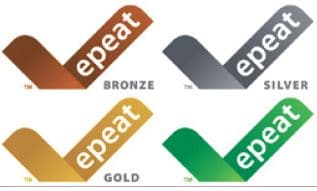
e-Stewards is the globally responsible way to recycle your electronics. It is made up of a global team of individuals, institutions, businesses, non-profit organizations, and governmental agencies upholding a safe, ethical, and globally responsible standard for e-waste recycling and refurbishment. They stop the export of illegal hazardous e-waste to developing nations and create a safe, green and just world through sharing and using the principled and practical standard for electronics recycling and reuse7.
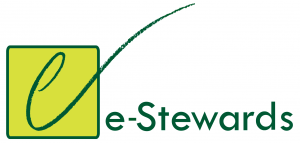
FSC labels can be found on millions of products around the world – from toilet paper rolls to books to milk cartons and other food products, in addition to lumbar and managed forests. By choosing products with FSC labels, you are helping to take care of the world’s forests. FSC has three labels: (1) FSC 100%; (2) FSC Recycled; and (3) FSC Mix, allowing the consumer to identify the content (100% sourced from audited forests meeting FSC’s rigorous social and environmental standards; made entirely from 100% recycled content; or a mix of materials from FSC-certified forests, recycled materials and/or FSC controlled wood, respectively.) Any company that wants to add the FSC label to any of its products must first receive a chain of custody certification that proves source materials are from FSC-certified forests, recycling and/or controlled sources and is following FSC-defined best practices throughout the production process and supply chain8.
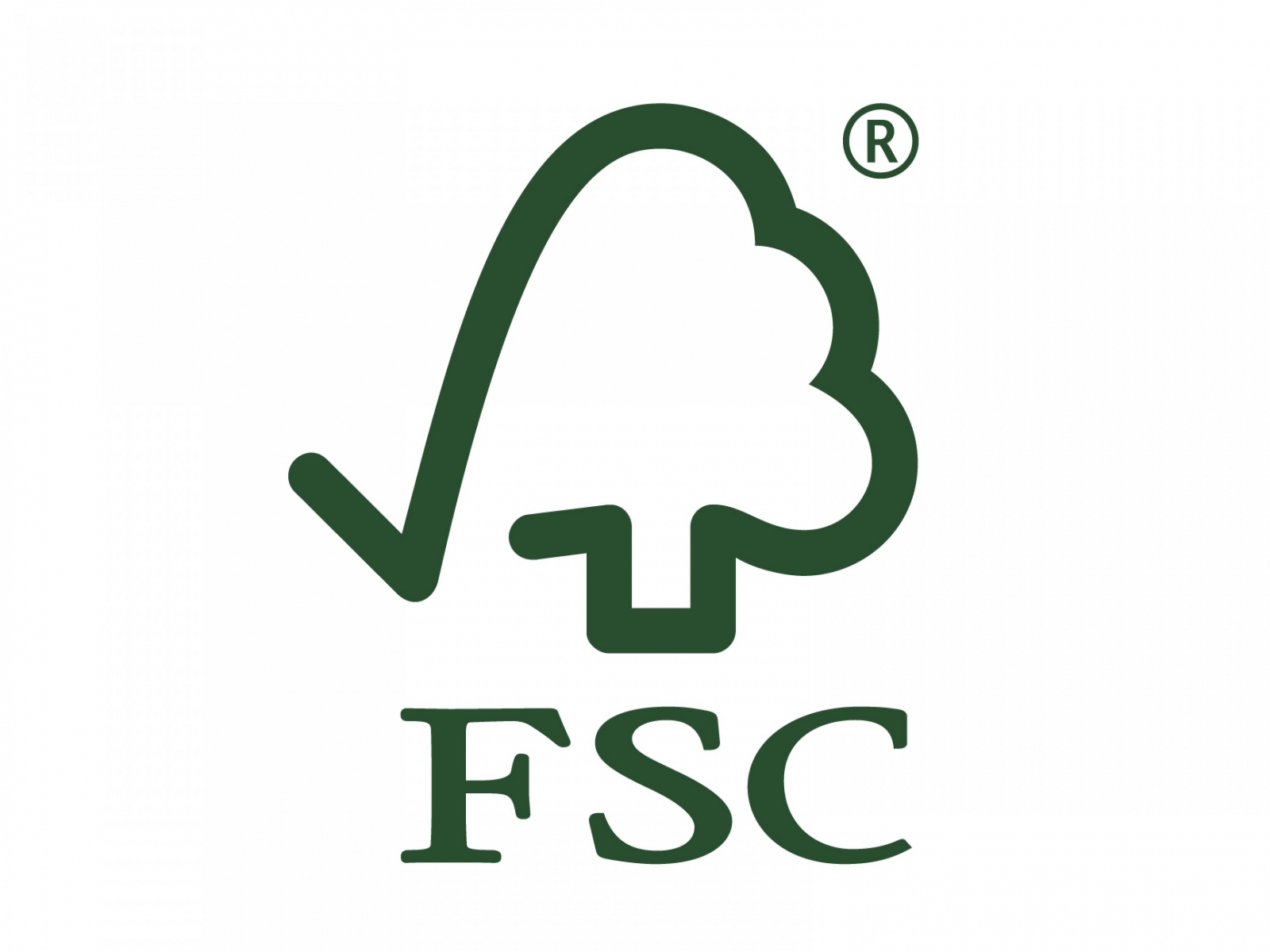
Friend of the Sea (FOS) certifies products from sustainable fisheries and aquaculture. It works globally with fisheries, seafood companies, scientists, conservation groups and the public to promote the best environmental choice in seafood. The focus on social accountability, provide a chain of custody standard, perform DNA tests on products to monitor traceability9.
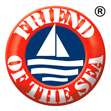
Green Seal is a global non-profit with a mission to transform the economy for a healthier, greener world. They provide rigorous standards for health, sustainability and product performance empowering better purchasing decisions and rewarding industry innovators. With thousands of certified products, services and spaces from the world’s leading companies, the Green Seal certification mark is a universal symbol that a product or service meets the highest benchmark of health and environmental leadership10.
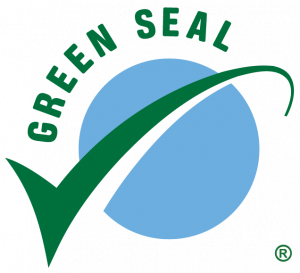
LEED certification is the most widely used green building rating system in the world. The certification provides independent verification of a building or neighborhood’s green features allowing for the design, construction, operations and maintenance of resource-efficient, high-performing, health, cost-effective buildings. The triple bottom line includes action, benefiting people, planet and profit. LEED projects earn points across nine basic areas of green building: (1) integrative process; (2) location and transportation; (3) sustainable sites; (4) water efficiency; (5) energy and atmosphere; (6) materials and resources; (7) indoor environmental quality; (8) innovation; and (9) regional priority11.

Kosher Check is global non-profit third party certification identifying food as Orthodox kosher acceptable. Kosher Check certifies the ingredients and manufacturing processes follow the Jewish laws of Kosher as described by the Torah13.
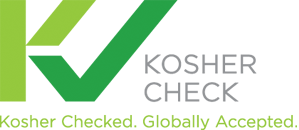
Marine Stewardship Council (MSC)
The Marine Stewardship Council is an international non-profit organization that provides an ecolabel and fishery certification program that recognizes and rewards sustainable fishing practices. Their label guides consumers and purchasers to choose sustainably sourced seafood14.
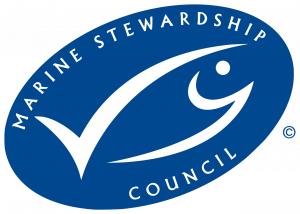
The Non-GMO Project is a non-profit organization who’s mission is “offering rigorous product verification and trustworthy education that empowers people to care for themselves, the planet, and future generations.” It provides a rigorous third-party verification to identify foods and products that do not contain genetically modified organisms12.
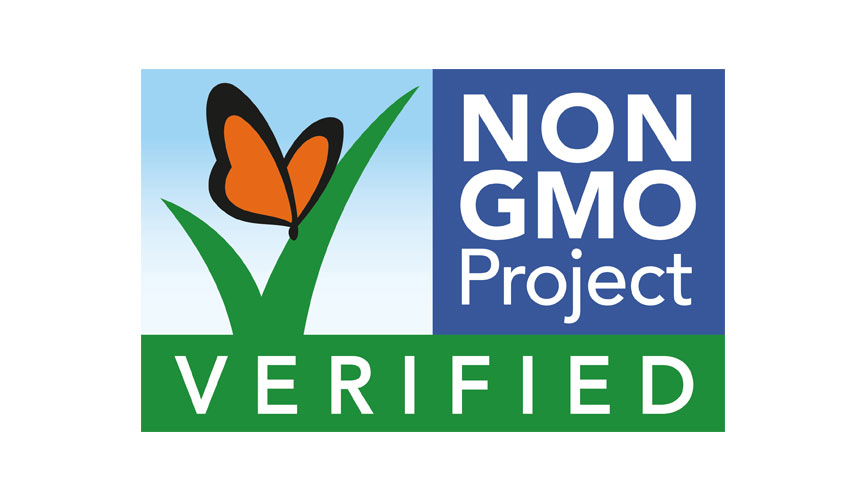
Founded by Yvon Chouinard and Craig Matthews, the motivation for 1% for the Planet came from the idea that because companies profit from the resources they take from the earth, they should protect those resources. Individuals and business can join by giving at least 1% their annual salary or 1% their annual sales, respectively. Business members can support approved environmental nonprofits by donating the equivalent of 1% of sales through a combination of monetary, in-kind and approved promotional expenses. Individual members can donate 1% of their annual salary through monetary and/or volunteer support15,16.
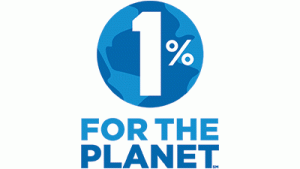
Oregon Tilth is a non-profit third party certification recognizing businesses’ that want to be sustainability leaders demonstrating the highest global standards of organic food and farming. They invest 15% of their certification fees to advocate, educate and build a sustainable marketplace. They also offer additional certifications such as Bee Better Certified and Global Organic Textiles Exchange17.
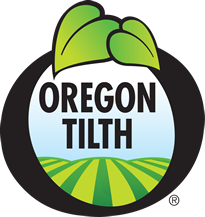
Programme for the Endorsement of Forest Certification (PEFC)
PEFC is a voluntary certification that evaluates forest owners or companies within the forest supply chain to promote sustainable management ensuring forest-based products reaching the marketplace have been sourced from sustainably managed forests. They have two separate but linked processes: sustainable forest management and chain of custody18.
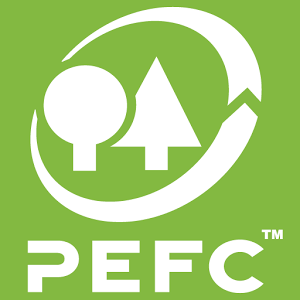
Quality Assurance International (QAI)
QAI is an independent, third party organic certification that is relevant to all stages of food production. QAI certification can be applicable to crop and livestock producers; livestock, dairy and poultry products; processors and manufacturers; distributors, traders and packers; facilities, restaurants and retailers; and hemp crops and products containing hemp-derived CBD19.
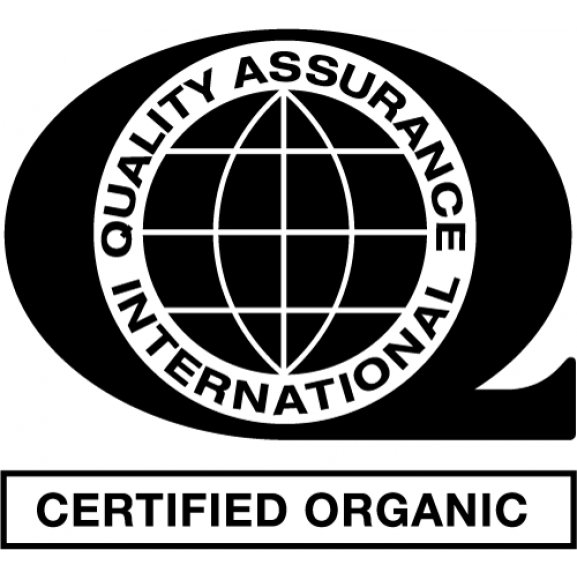
R2 is a certification with widely adopted standards for used electronics to reuse and recycle worldwide. R2 Standard facilitates a circular lifecycle for electronics with R2v3 maximized the value of electronics at each stage in the product life cycle by extending the life of devices and reclaiming materials at the end of their useful life. This keeps electronics out of the waste stream, preserves resources and reduces the environmental footprint of electronics by reducing the need to mine for new materials20.
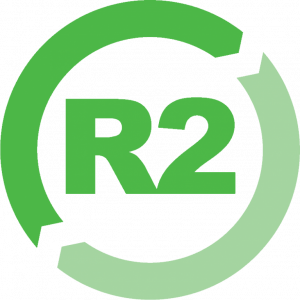
The Safer Choice certification ensures that cleaning and chemical products meets U.S. EPA Safer Product Standards. It helps consumers, businesses and purchases find products that perform and contain ingredients that are safer for human health and the environment. Safer Choice is an EPA Pollution Prevention (P2) program (can link this) which includes practices that reduce, eliminate or prevent pollution at its source, such as using safer ingredients in products21.
Sustainable Forest Initiative (SFI) is a non-profit organization that collaborates with diverse networks to provide solutions to local and global sustainability challenges. FI works with the forest sector, brand owners, conservation groups, resource professionals, landowners, educators, local communities, Indigenous Peoples, governments and universities to advance sustainability through forest-focused collaboration22.
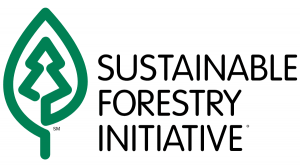
ECOLOGO® Certified products, services and packaging are certified for reduced environmental impact. This certification is voluntary, multi-attribute, life cycle-based environmental certifications that indicate a product has undergone rigorous scientific testing, exhaustive auditing or both, to prove its compliance with stringent, third-party, environmental performance standards. These standards set metrics for a wide variety of criteria in some or all of the following categories: materials, energy, manufacturing and operations, health and environment, product performance and use, and product stewardship and innovation23.
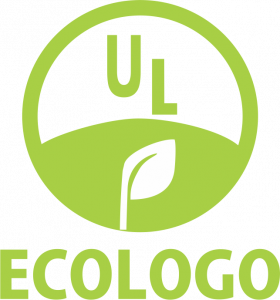
USDA Organic products are produced with practices that foster resource cycling, promote ecological balance, maintain and improve soil and water quality, minimize the use of synthetic materials and conserve biodiversity. Certified products are overseen by a USDA National Organic Program authorized certifying agent to ensure all USDA organic regulations are followed24.
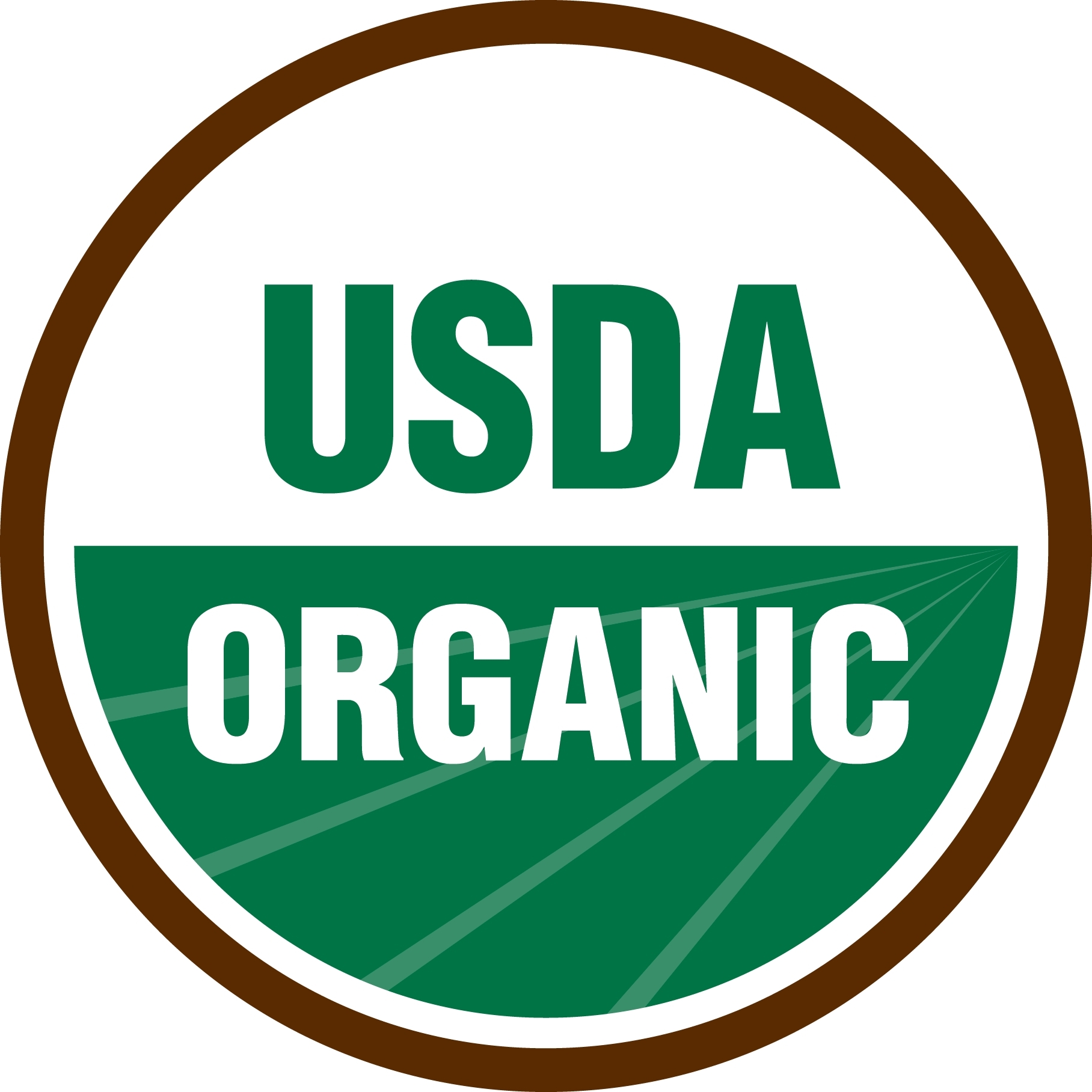
References:
5. ENERGY STAR
7. e-Stewards
10. Green Seal
13. Kosher Check
17. Oregon Tilth
18. PEFC

